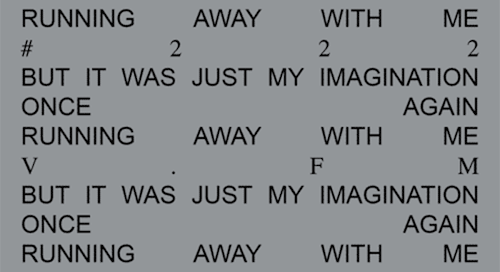When others write, words seem to flow and form into something that makes sense. But when you sit down, you realize that’s not really how it works. And that’s not just you. Writing is hard.
Your brain on writing
We assume writing should feel natural because we tell stories all the time. But the second we try to put those thoughts onto a page, something happens. We hesitate, and we struggle to express what we mean. That’s because writing is one of the most complex things we can ask our brains to do. It forces our brains to translate abstract thoughts into structured language, activating the prefrontal cortex (the same area responsible for problem-solving and decision-making). Unlike speaking, which happens in real-time and allows for vague, unfinished thoughts, writing demands clarity. It forces us to shape messy, half-formed ideas into something concrete.
The myth of effortless creativity
We love the idea of inspiration striking like lightning, but studies on insight-based problem-solving show that big ideas often come after periods of struggle. The Eureka moment (again, a moment that we romanticize and often put out of context) usually follows hours or days of frustration.
Creativity researcher Keith Sawyer explains that the brain connects ideas unconsciously, but only when we give it raw material to work with. The hard part of writing isn’t having ideas. It’s forcing yourself to sit down and process them before they feel fully formed.
The desirable difficulty of writing
Cognitive science has a concept called desirable difficulty. The idea that effortful tasks lead to deeper learning and stronger memory retention. Researchers like Robert Bjork (UCLA) have shown that struggling through a task enhances long-term mastery.
When writing feels easy, we’re often just repeating familiar thoughts. But when it feels hard, it means we’re pushing into new territory, forcing our brains to think in ways they haven’t before. That’s growth. That’s where good writing comes from.
Perfectionism is the enemy of creativity
A lot of writing anxiety comes from an unrealistic expectation that it should be good from the start. But that’s not how any creative process works.
Studies on self-judgment in creativity show that fear of failure inhibits risk-taking, which is essential for good writing. The best writers aren’t the ones who get it perfect on the first try. They’re the ones who get comfortable with messy first drafts. For many, the real magic happens in revision.
If writing feels hard, you’re doing it right
So, if you’re struggling to write, don’t assume it means you’re bad at it. Assume it means you’re thinking deeply, pushing your creativity, and doing the real work of storytelling.
The best writing doesn’t happen when it’s easy. It happens when you push through the hard parts and keep going anyway. And that’s exactly why it’s worth it. If you think you’re bad at it, you’re good at it.
Short read, but if you found this motivating, consider the one below :)





Thank you
This article is calming. It's hard for me to make decisions and write, and it turns out that it's all the task of the prefrontal cortex. It should be improved by its work).